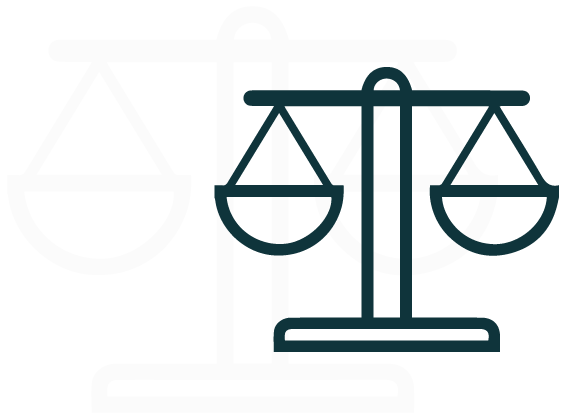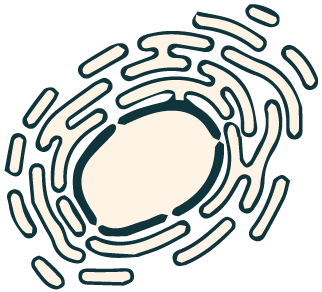This website uses cookies to ensure you get the best experience on our website.
- Table of Contents
1 Citations 5 Q&As
1 Citations 7 Q&As
1 Citations 17 Q&As
1 Citations 5 Q&As
2 Citations 16 Q&As
1 Citations 17 Q&As
2 Citations 16 Q&As
Facts about Cathepsin D.

Involved in the pathogenesis of several diseases such as breast cancer and possibly Alzheimer disease. .
| Human | |
|---|---|
| Gene Name: | CTSD |
| Uniprot: | P07339 |
| Entrez: | 1509 |

| Belongs to: |
|---|
| peptidase A1 family |

cathepsin D (lysosomal aspartyl protease); Cathepsin D; CPSD; CTSD; EC 3.4.23; EC 3.4.23.5; lysosomal aspartyl peptidase; lysosomal aspartyl protease; MGC2311; neuronal 10
Mass (kDA):
44.552 kDA

| Human | |
|---|---|
| Location: | 11p15.5 |
| Sequence: | 11; NC_000011.10 (1752755..1763927, complement) |
Expressed in the aorta extracellular space (at protein level) (PubMed:20551380). Expressed in liver (at protein level) (PubMed:1426530).
Lysosome. Melanosome. Secreted, extracellular space. Identified by mass spectrometry in melanosome fractions from stage I to stage IV. In aortic samples, detected as an extracellular protein loosely bound to the matrix (PubMed:20551380).





PMID: 3927292 by Faust P.L., et al. Cloning and sequence analysis of cDNA for human cathepsin D.
PMID: 3588310 by Westley B.R., et al. Oestrogen regulates cathepsin D mRNA levels in oestrogen responsive human breast cancer cells.
*More publications can be found for each product on its corresponding product page